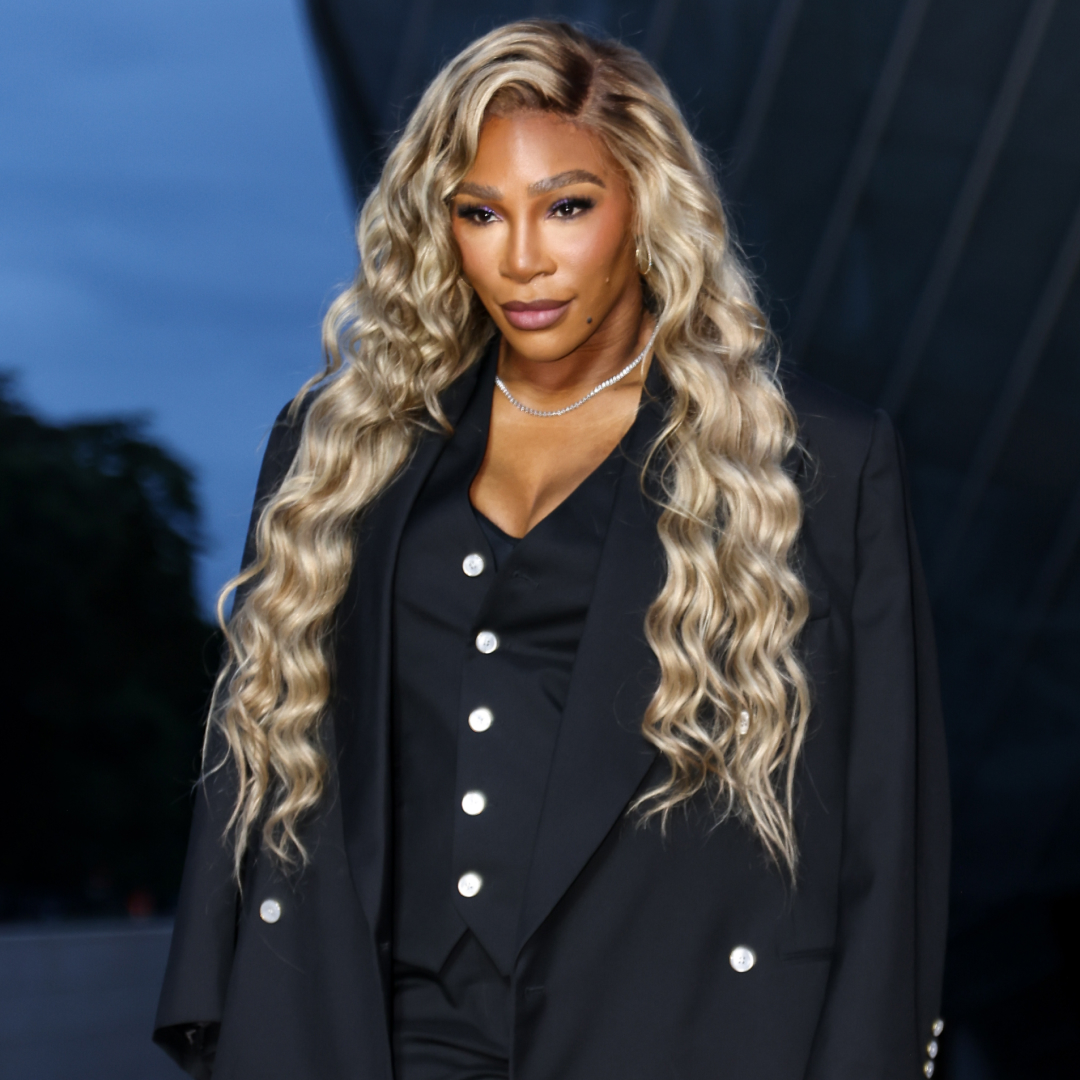“Serena Williams Faces Backlash Over ‘Misleading’ Commercial: Major Controversy Erupts!”

Serena Williams—a name that transcends tennis—embodies excellence, power, and global influence. On the court, she carved out a legacy matched by few athletes, while off the court, her impact resonates through fashion, business, and media. Even after her retirement in 2022, her star power remains strong, drawing brands eager to associate with her. However, her latest commercial venture has sparked controversy, overshadowing her otherwise stellar post-tennis career.
Recently, Williams appeared in an advertisement for AbbVie, promoting Ubrelvy, a medication aimed at treating migraines. The ad claims that “one dose works fast to eliminate migraine pain,” a bold assertion that has caught the attention of the U.S. Food and Drug Administration (FDA).
The FDA criticized the advertisement, labeling the claim as misleading and unproven. They issued a warning to AbbVie, stating that no clinical trials have validated the efficacy of a single dose of Ubrelvy in curing migraines. The agency voiced concern over Williams’ involvement, highlighting that featuring a celebrity of her stature could lend undue credibility to misleading claims.

This isn’t the first time the FDA has scrutinized Ubrelvy’s advertising. Back in 2020, similar issues arose when the drug was promoted by Allergan (later acquired by AbbVie). The FDA has now demanded that AbbVie either halt the ad or stop distributing the drug until corrections are made.
While Williams has often built her career on transparency and hard work, this controversy raises ethical questions about using her immense influence in the pharmaceutical industry.
In the past, Williams has used her platform to advocate for important social issues. In 2019, she made headlines with a Nike ad that addressed discrimination against women in sports. In the powerful Dream Crazier campaign, she challenged societal norms, stating, “If we show emotion, we’re called dramatic… If we dream of equal opportunity, we’re delusional.” Her call to action urged women to embrace their strength and defy expectations.
As Williams navigates this latest controversy, it remains to be seen whether she will issue a statement or reconsider her involvement in the AbbVie ad. Given her history of using her platform for advocacy, fans and critics alike are watching closely to see how she responds.
Serena Williams has always been more than just an athlete; she is a cultural icon whose choices hold significant weight. This situation serves as a reminder that even global icons must tread carefully when aligning with powerful industries, especially in the realm of healthcare.

